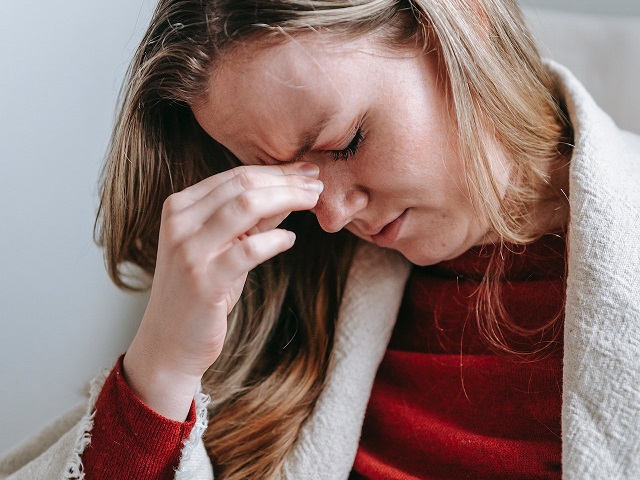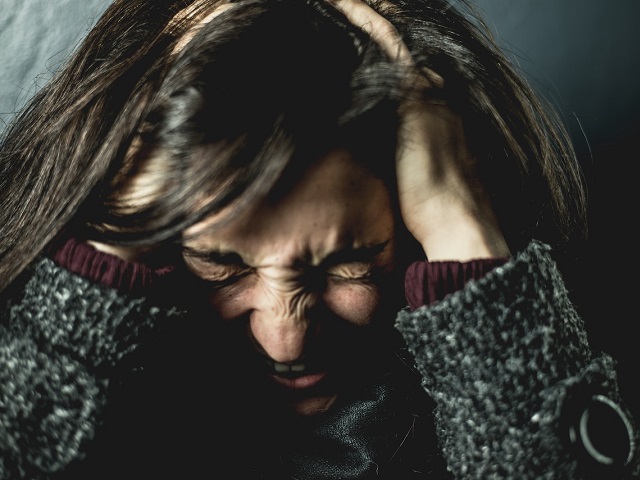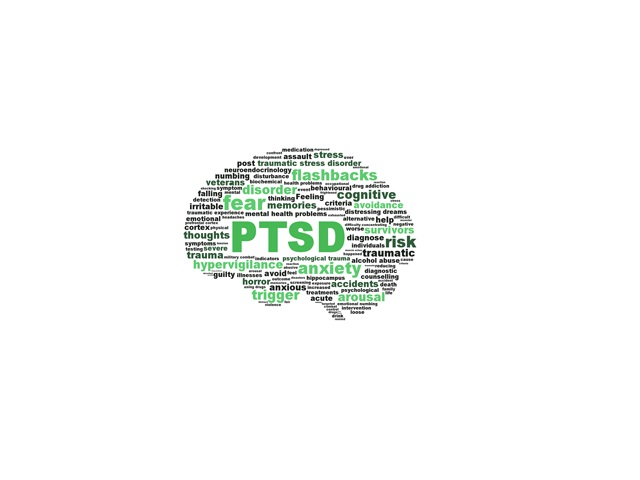7 Signs You May Have Anxiety Disorders -- Symptoms, Causes, Effects, Treatment and Prevention
Anxiety disorders are a group of mental health conditions characterized by excessive and persistent feelings of fear, worry, and apprehension. These disorders can significantly impact a person's daily life, relationships, and overall well-being. There are several types of anxiety disorders, including generalized anxiety disorder (GAD), panic disorder, social anxiety disorder (SAD), and specific phobias.
Symptoms of Anxiety Disorders
Common symptoms of anxiety disorders include:
- Excessive worry and fear: Feeling restless, on edge, or constantly anticipating the worst.
- Physical symptoms: Restlessness, muscle tension, rapid heartbeat, shortness of breath, sweating, trembling, and gastrointestinal discomfort.
- Sleep disturbances: Difficulty falling asleep, staying asleep, or having restless and unsatisfying sleep.
- Cognitive symptoms: Racing thoughts, difficulty concentrating, irritability, and a sense of impending doom.
- Avoidance behaviors: Avoiding situations or places that trigger anxiety.
- Social withdrawal: Avoiding social interactions and isolating oneself.
- Panic attacks: Intense episodes of fear and physical symptoms, such as heart palpitations, chest pain, dizziness, and a sense of losing control.
Causes of Anxiety Disorders
The exact causes of anxiety disorders are not fully understood, but they likely result from a combination of genetic, environmental, and psychological factors. Some common factors associated with the development of anxiety disorders include:
- Family history: Having a family history of anxiety or other mental health disorders may increase the risk.
- Traumatic experiences: Experiencing trauma, abuse, or significant life stressors can contribute to the development of anxiety disorders.
- Brain chemistry: Imbalances in certain neurotransmitters, such as serotonin and gamma-aminobutyric acid (GABA), are believed to play a role.
- Personality traits: Individuals with certain personality traits, such as being highly sensitive or perfectionistic, may be more susceptible to anxiety disorders.
Effects of Anxiety Disorders
Anxiety disorders can have a profound impact on various aspects of a person's life, including:
- Impaired daily functioning: Anxiety can interfere with work, school, relationships, and social activities.
- Physical health complications: Prolonged anxiety can lead to physical health problems, including cardiovascular issues, weakened immune system, and digestive disorders.
- Mental health complications: Anxiety disorders are often associated with other mental health conditions, such as depression, substance abuse, and eating disorders.
- Reduced quality of life: Persistent anxiety can diminish overall well-being, leading to decreased enjoyment and satisfaction in life.
Treatment of Anxiety Disorders
Treatment for anxiety disorders typically involves a combination of therapy, medication, and self-help strategies. Some common treatment approaches include:
- Cognitive-behavioral therapy (CBT): This type of therapy helps individuals identify and modify negative thought patterns and behaviors associated with anxiety.
- Medications: Certain medications, such as selective serotonin reuptake inhibitors (SSRIs), serotonin-norepinephrine reuptake inhibitors (SNRIs), and benzodiazepines, may be prescribed to manage symptoms.
- Relaxation techniques: Learning and practicing relaxation techniques, such as deep breathing exercises, mindfulness, and progressive muscle relaxation, can help reduce anxiety.
- Lifestyle changes: Maintaining a healthy lifestyle, including regular exercise, balanced diet, adequate sleep, and stress management, can contribute to anxiety reduction.
Prevention of Anxiety Disorders
While it may not be possible to prevent anxiety disorders entirely, certain strategies may help reduce the risk or minimize symptoms:
- Stress management: Developing healthy coping mechanisms and stress management techniques can help mitigate anxiety.
- Seeking support: Building a strong support network of friends, family, or support groups can provide emotional support and guidance.
- Healthy lifestyle: Engaging in regular physical activity, eating a balanced diet, getting sufficient sleep, and avoiding substance abuse can contribute to overall mental well-being.
- Early intervention: Seeking professional help at the earliest signs of anxiety can prevent the escalation of symptoms and improve outcomes.
References:
National Institute of Mental Health. (2021). Anxiety Disorders. Retrieved from https://www.nimh.nih.gov/health/topics/anxiety-disorders/
Mayo Clinic. (2021). Anxiety Disorders. Retrieved from https://www.mayoclinic.org/diseases-conditions/anxiety/symptoms-causes/syc-20350961
American Psychiatric Association. (2013). Diagnostic and Statistical Manual of Mental Disorders (5th ed.). Arlington, VA: American Psychiatric Publishing.


















